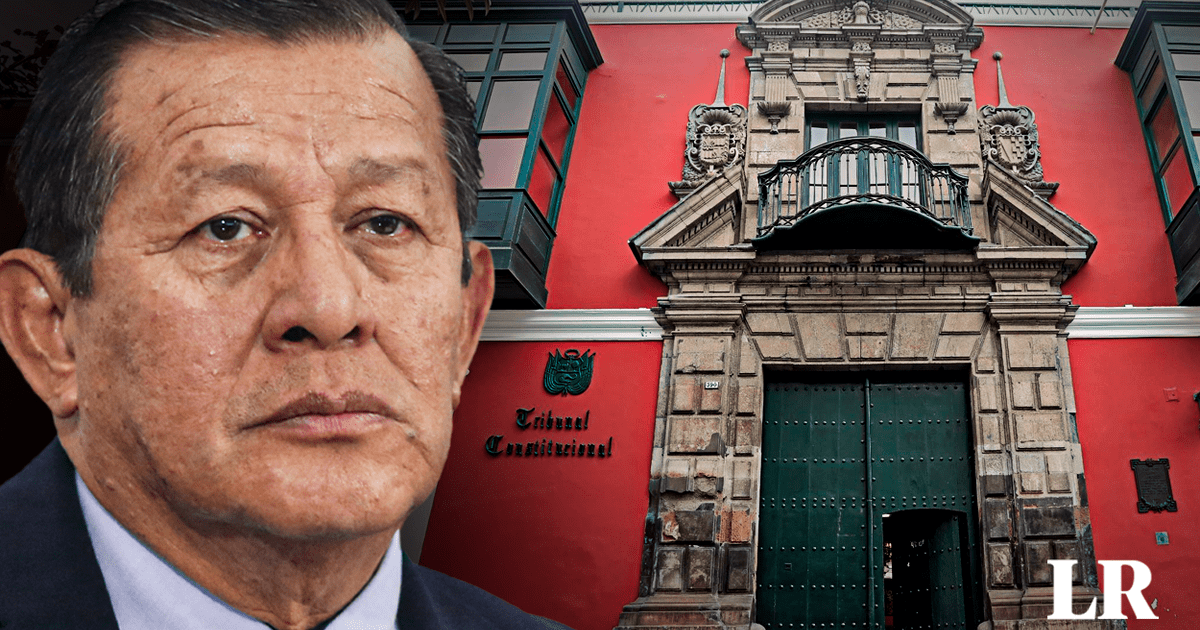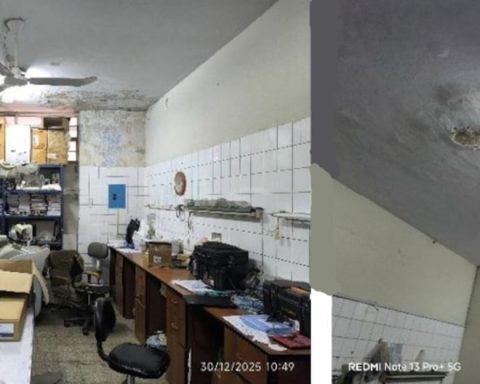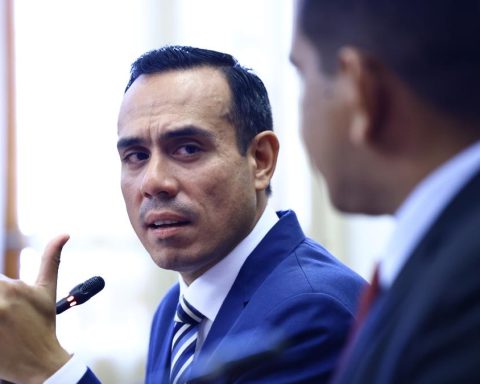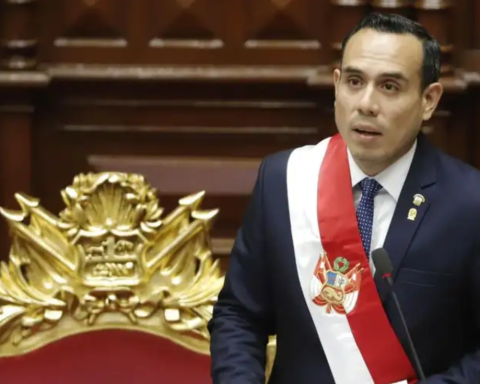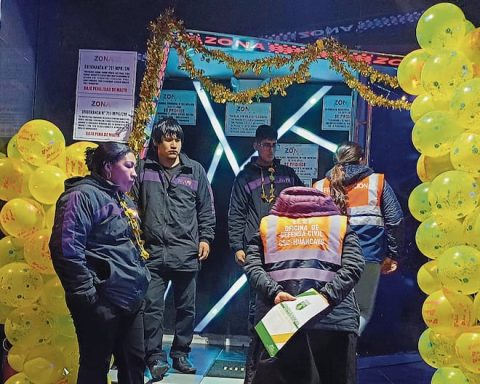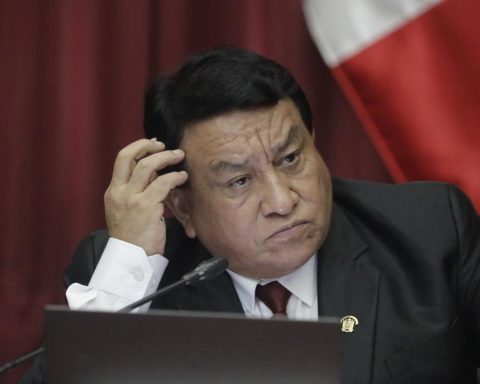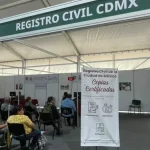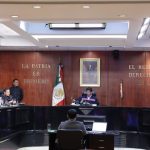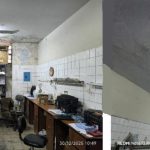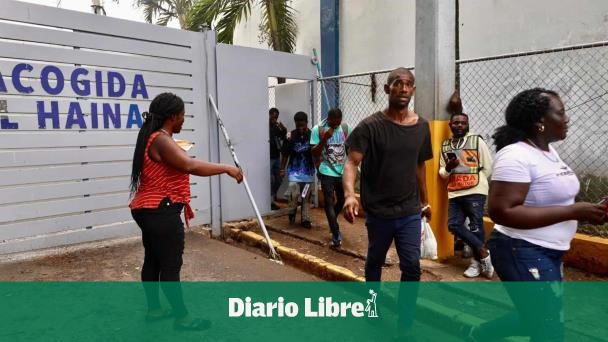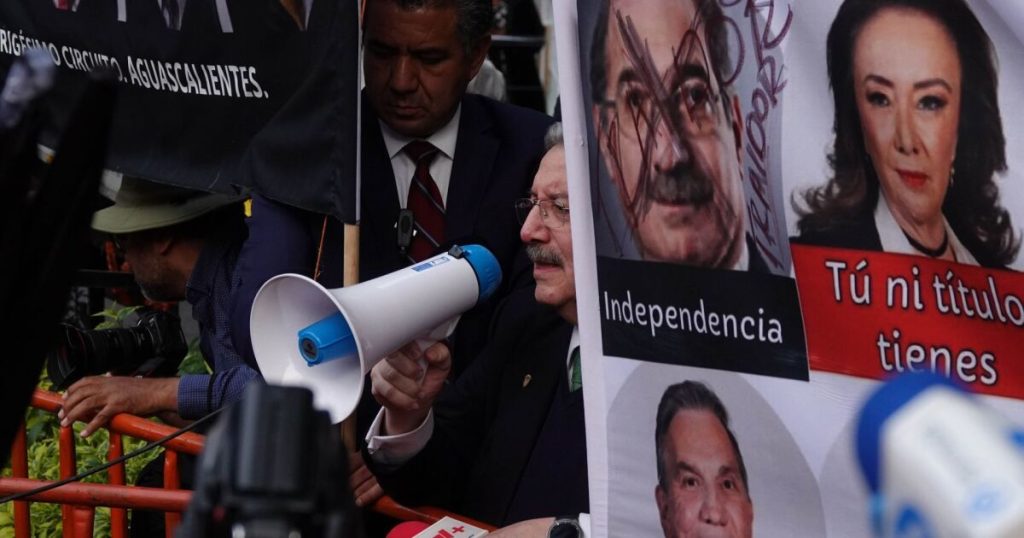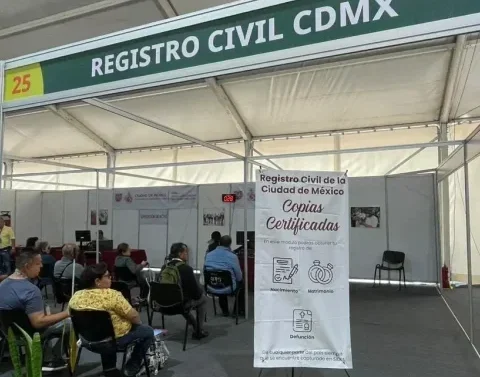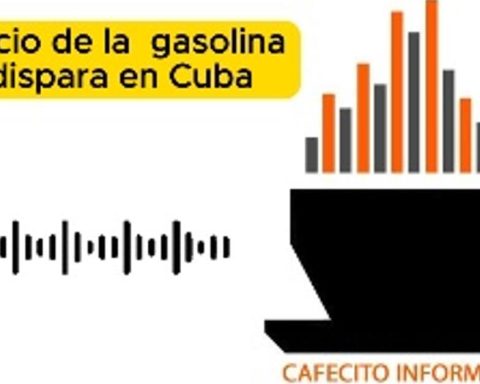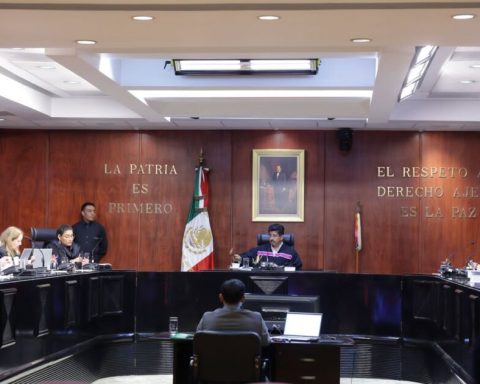The government headed by Dina Boluarte made a modification to Law 31307 official, New Constitutional Procedural Code, which reduces the votes necessary in the Constitutional Court (TC) to resolve jurisdictional claims from five to four. This measure was promoted with the objective of facilitating the process that was underway in said entity against the two magistrates of the National Board of Justice (JNJ).
The reform, which was not the subject of observations by President Dina Boluarte, was published in the official gazette El Peruano by order of the president of Congress, Eduardo Salhuanaafter being approved with 72 votes in favor, 20 against and 8 abstentions, in the second vote, on October 17.
This legislative change comes at a critical moment for the Peruvian judicial system, since from now on the Judicial Branch will not be able to interfere in the decisions made by the Legislative Branch. As recalled, the third branch of the State annulled in the past the sanctions filed against judges Inés Tello and Aldo Vásquez, who through a request for protection and precautionary measures annulled their disqualification.
Furthermore, the replacement text, drafted by the commission led by Fernando Rospigliosi, introduces a special procedure for lawsuits filed against exclusive decisions of Congress, like constitutional accusations. These must be resolved within a maximum period of 60 days and the application of precautionary measures will not be permitted.
This adjustment to the code has been described by critics as an undemocratic blow to the judicial system, since it alters the rules of the game to the benefit of the legislature in power disputes not yet resolved, just when the court was at a decisive turning point for the balance of powers in the country.
Constitutional Court declared unfounded jurisdictional claim of Congress against the Judiciary
On October 19, the Constitutional Court (TC) dismissed the jurisdictional lawsuit filed by Congress against the Judiciarythus truncating the attempted dismissal of the National Board of Justice (JNJ). This resolution allows the JNJ judges, Inés Tello and Aldo Vásquez, to continue in their positions.
Four of the judges of the TC—Luz Pacheco, Helder Domínguez, César Ochoa and Manuel Monteagudo—voted against the lawsuit. Congress required five votes to triumph in this dispute, but the support was not enough. Additionally, judges Pedro Hernández, Francisco Morales and Gustavo Gutiérrez were absent from the session, abstaining from voting.
In response to this unfavorable decision, the parliamentary majority promoted a reform of the Constitutional Procedural Code on October 17, reducing the necessary threshold from five to four votes to approve competitive contests. However, this measure was not enough to impose his position.
3 members of the TC left the session. Photo: compositionLR/diffusion
Members of the Constitutional Court violated its organic law and regulations
The decision of judges Pedro Hernández, Francisco Morales and Gustavo Gutiérrez to leave the plenary session of the Constitutional Court (TC) on Friday the 18th, in the middle of the vote on the jurisdictional claim of Congress against the Judiciary, comes into conflict with the organic law and the internal regulations of the institution.
The report issued by the TC that same day indicates that the three magistrates withdrew from the session without casting their vote, thus failing to comply with article 5 of the Organic Law of the TC (law 28301), which establishes that “the magistrates cannot leave to vote, having to do so for or against at every opportunity.” This article imposes the obligation to vote in each session, a provision that Hernández, Morales and Gutiérrez did not comply with by abstaining.
Internal sources indicate to La República that the three judges left the session with the intention of frustrating the quorum, after realizing the majority position against the jurisdictional demand. Knowing that they would not have the four votes necessary to rule in favor of Congress, they chose to withdraw in an attempt to block the vote from progressing.
In addition to the organic law, the normative regulations of the TC, established by administrative resolution 95-2004-P-TC, also regulate the conduct of the magistrates during the sessions. According to article 19 of these regulations, the judges “cannot leave the sessions of the Plenary Session until the agenda has been closed or while the president has not adjourned the session.” The departure of the magistrates occurred without the president of the TC, Luz Pacheco, would have declared the closure of the sessionaccording to official information provided by the court.
This incident has raised questions about the conduct of the magistrates and raises doubts regarding the commitment of these officials to the internal rules of the institution in decisions of high political importance.
